Extremely high temperatures and water shortages have done a number on our lawns and landscaping this year, and with many areas in the Treasure Valley experiencing shortened irrigation timelines, you might be wondering what you can do NOW to help your yard need less water next year.
Here are some strategies to help your greenspaces “weather” the weather, better, next summer.
- Upgrade your sprinkler heads and waterers.
Even if they are just a few years old, updating your sprinkler heads and other waterers can save water, and save you money.
- Research and plan for drought-tolerant plants.
One surefire way to reduce your watering needs next year is to start incorporating drought-resistant plants, or replacing them altogether. There are many varieties of lawn, shrubs, flowers, bushes and trees that require a lot less maintenance and water, which might be a good fit for your yard!
- Landscape with less water use in mind.
Your yard doesn’t need to be fence to fence grass; in fact, there are a million ways to reduce your lawn’s footprint beautifully, that will may reduce your water needs and maintenance in the long run. Need help?
- Adjust your lawnmower deck.
Mowing your lawn high (about 2” or more) can help it be more resilient against heat and will help it need less water by shading the roots and reducing evaporation.
- Don’t overwater.
Overwatering your lawn every day teaches it to create shallow roots while watering less often but longer will teach it to create a deeper root system that will enable it to require less water over the long term and be more resilient to heat, drought, and disease.
- Don’t water the leaves, water the roots.
A drip system for watering your shrubs, bushes, trees, and other plants is much more efficient than your lawn sprinklers and can reduce the stress on your plants, the rate of evaporation, and disease. Make sure to check your drip system regularly to ensure proper operation.
These are just a few of the ways that you can plan to reduce your water needs next year, and improve the overall health of your lawn, shrubs, bushes, trees and other plants.
